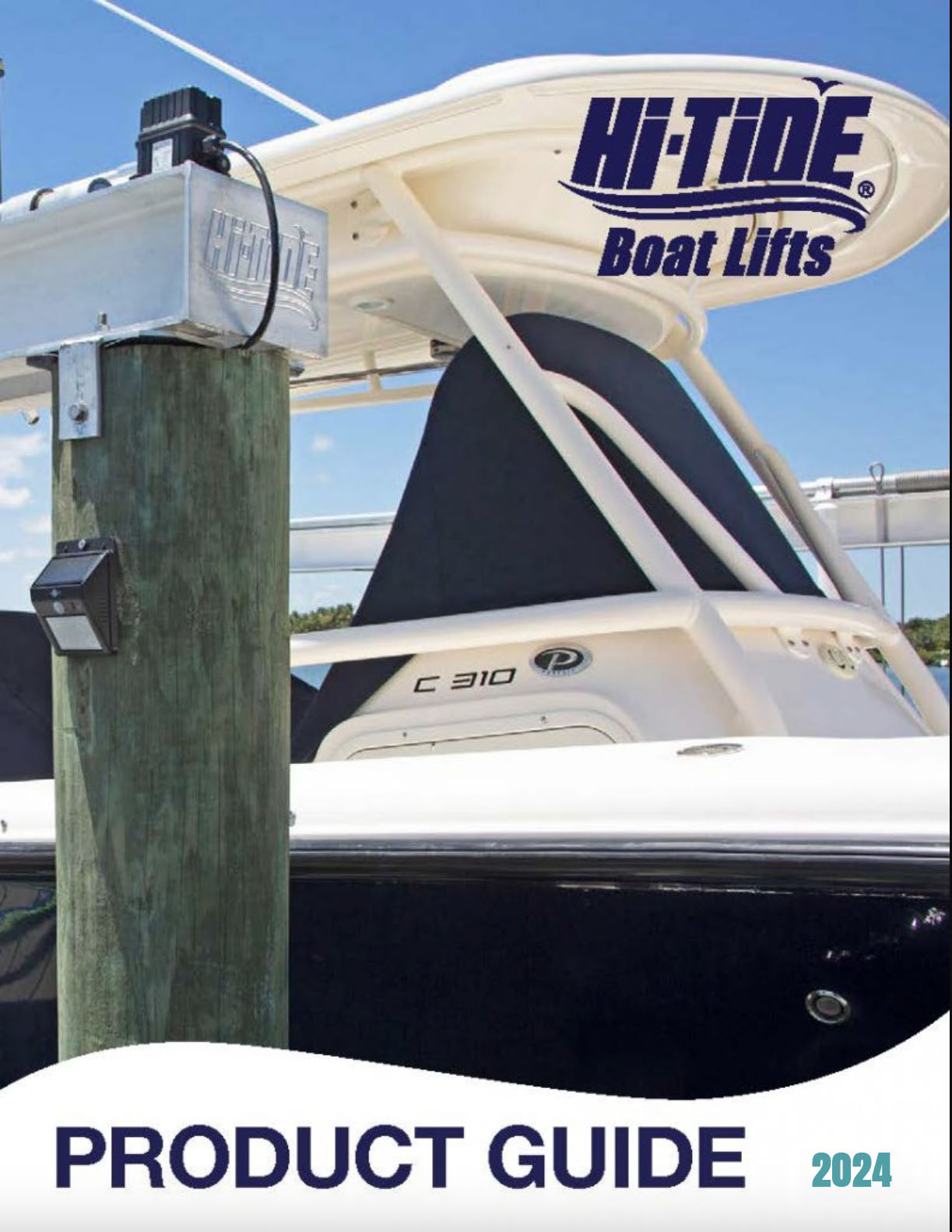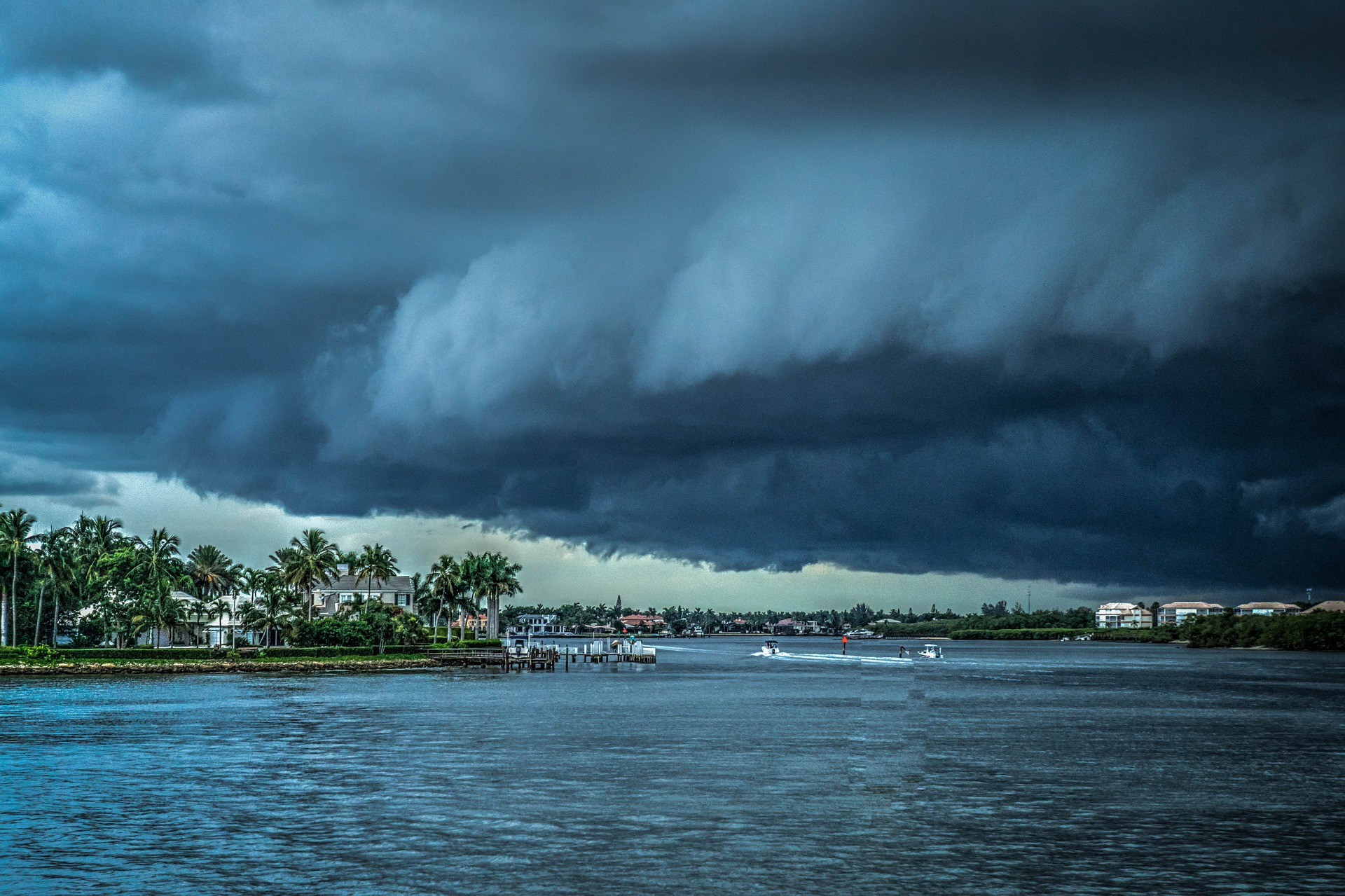
So, the bad news first: we are incredibly overdue for a hurricane to get up close and personal with The Sunshine State. In recent years, we have been extremely lucky, seeing little to no action as far as hurricane threats to our shores. Luck, however, has a tendency of running out. The good news: with a bit of preparation and education, you can increase the chances of your boat making it through hurricane season 2016 (and beyond) when it officially starts this June. Surely, there are no guarantees when dealing with a force of nature as powerful as a hurricane, but these tips could save you big when the next big one comes for a visit.
Preparing for Hurricane Season 2016
- Make a List and Check It Twice: Take the Santa Clause approach to hurricane season 2016. Prepare a written out checklist of your storm plan once it looks like we’re in the crosshairs of a big storm. From people to call (insurance company, marina, etc.) to items that need to be stored on-shore, the last thing you want to do is remember that one thing you forgot after it’s too late. Preparing a list of your must-dos will prevent panic and hopefully, costly losses on your vessel.
- Make the Call: As stated above, you should reach out to a few key people before the storm hits, namely, your vessel’s insurance provider and the marina or dock where your boat is stored. Get the facts straight on what your insurance expects you to do, as far as preventative measures. According to OnTheWater.com, “In fact, most insurance providers require a formal written Storm Plan detailing where and how your boat must be secured during a hurricane. Make sure your insurance policy is current and in force, and that you know what actions it requires you to take in the event of a storm. If you live out of the area during the summer months, designate a responsible person to execute the Storm Plan in your absence.” If your boat is docked at a marina (or comparable location), reach out for your lease or dockage information to clarify both their responsibilities and your own as the boat owner.
- Abandon Ship: We love boats, but we value our lives more. Never consider staying behind to watch over your vessel. Do what you can to create a feasible plan, prepare for the worst and ride out the storm from a safe location. There is always the temptation to go back to do that one last thing or grab that one last valuable but we assure you, it’s never worth risking your life for your boat.
We also have a list of specific preparation tips for securing your vessel when the next storm comes rapping at our door. Just remember, it’s not a matter of “if” but rather “when” the next big one will hit. The sooner you have your storm plan prepared, collect information from your insurance company and marina, and resolve to focus on your own safety (as opposed to your ship’s) once the storm hits, you will be well on your way to facing hurricane season 2016 with confidence once it begins this June. Until the next one does hit, have a great time enjoying the water with those you love, knowing that you are prepared for whatever Mother Nature may have up her sleeves this year and for years to come.
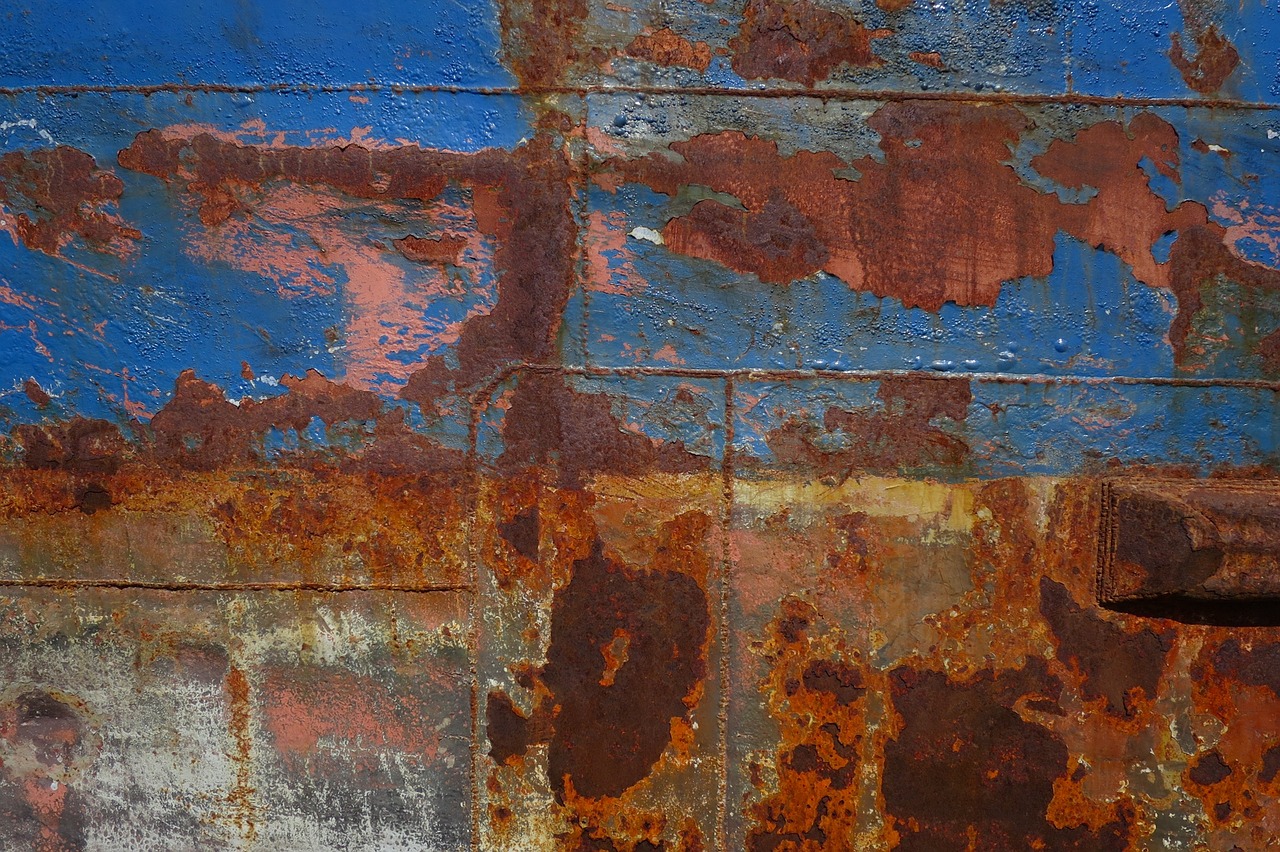
Water, especially water with high salinity, can be a big headache to many a metal surface if not properly protected. Unfortunately, many first timers and novice boaters do not know how to prevent corrosion on their vessel, often leading to costly repairs. Others fail to see the warning signs or truly understand how corrosion begins. We take a look at this ugly and potentially costly problem in order to discover the best methods of prevention.
Two Common Types of Corrosion
Stray Current Corrosion: Coming from internally or externally, this type of rapidly corroding reaction occurs when poorly insulated wiring causes electrical currents to run through the metal of your boat to reach a ground. A galvanic isolator is a viable solution for this fashion of corrosion, though it is also important to ensure that all of your wiring is properly insulated and secure as well.
Galvanic Corrosion: If two, electrochemically different metals are submerged in an electrolyte-heavy liquid, you’re bound to find corrosion. This is most prevalent in boating when looking at parts that use both aluminum and stainless steel. Since stainless steel is more active than aluminum, you may find that your aluminum parts show signs of corrosion more quickly than the steel. To help prevent this issue, many boaters use sacrificial anodes, designed to attract this corrosion away from the important and pricey parts that would otherwise be sacrificed. Look out for paint blistering and chipping away, as well as a whitening effect on your metals.
Though there are other forms of corrosion that pose a danger to your vessel, these are the two that can be the most dangerous and destructive. Ask a boating professional for further tips on what to look for when inspecting your boat, as well as how to prevent corrosion after enjoying your time on the water. A little preparation can go a long way towards saving you big money on your boat.
For more on understanding corrosion: BoatUS.com
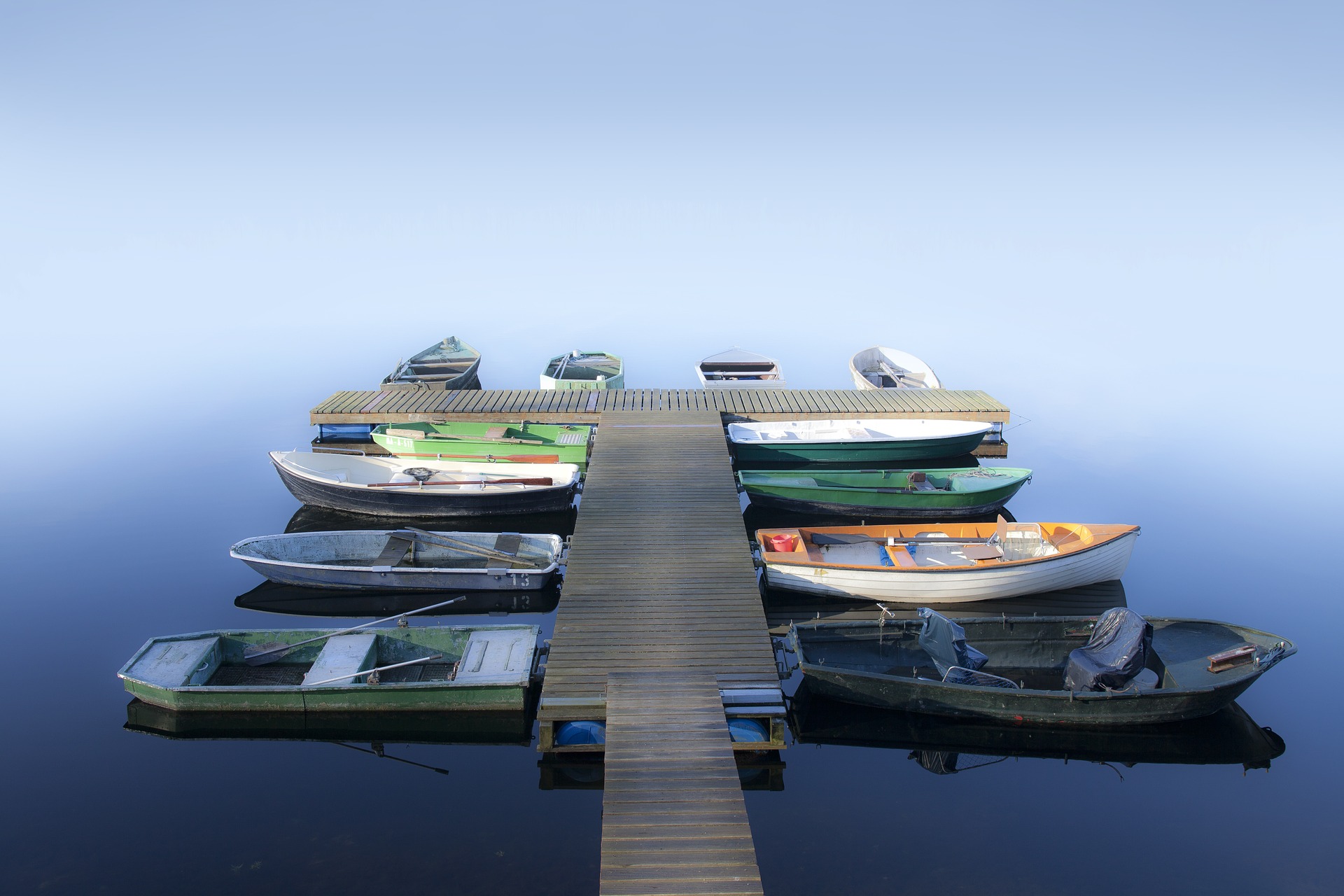
Though many Florida boaters are happy to frequently hit the saltwater seas due to our close proximity to the Gulf of Mexico and Atlantic waters, many others take advantage of our smattering of fresh, inland waters. Whether pleasure cruising on the St. Johns River or fishing for largemouth bass on Lake Okeechobee, there is no shortage of inland waters to explore in The Sunshine State.
Though, in general, the same laws and best practices apply whether in fresh or saltwater, there may be a few differentiators you should consider before switching from lake to ocean boating.
Factors to Consider Before Switching to Saltwater
- Saltwater is very corrosive, making rinsing your boat with freshwater after trips on the ocean a necessity to avoid damage over time.
- Boats and ships regularly used in saltwater can have reduced life expectancies, due to the corrosive nature of saltwater.
- Engines should be flushed after use in saltwater to avoid damage.
- Drinking and boating laws do not change on inland waters.
- In general, no major modifications need to be made to allow your boat onto both fresh and saltwater bodies of water.
Our main takeaway: Florida is full of both inland waters and open ocean that are ripe for boating, fishing and fun. Be sure to note and respect the corrosive power of saltwater, especially after your trip, when a simple wash and rinse may help you avoid costly repairs down the road. Follow boating laws and best practices and enjoy your time on fresh and salt waters safely while keeping these differentiating factors in mind.
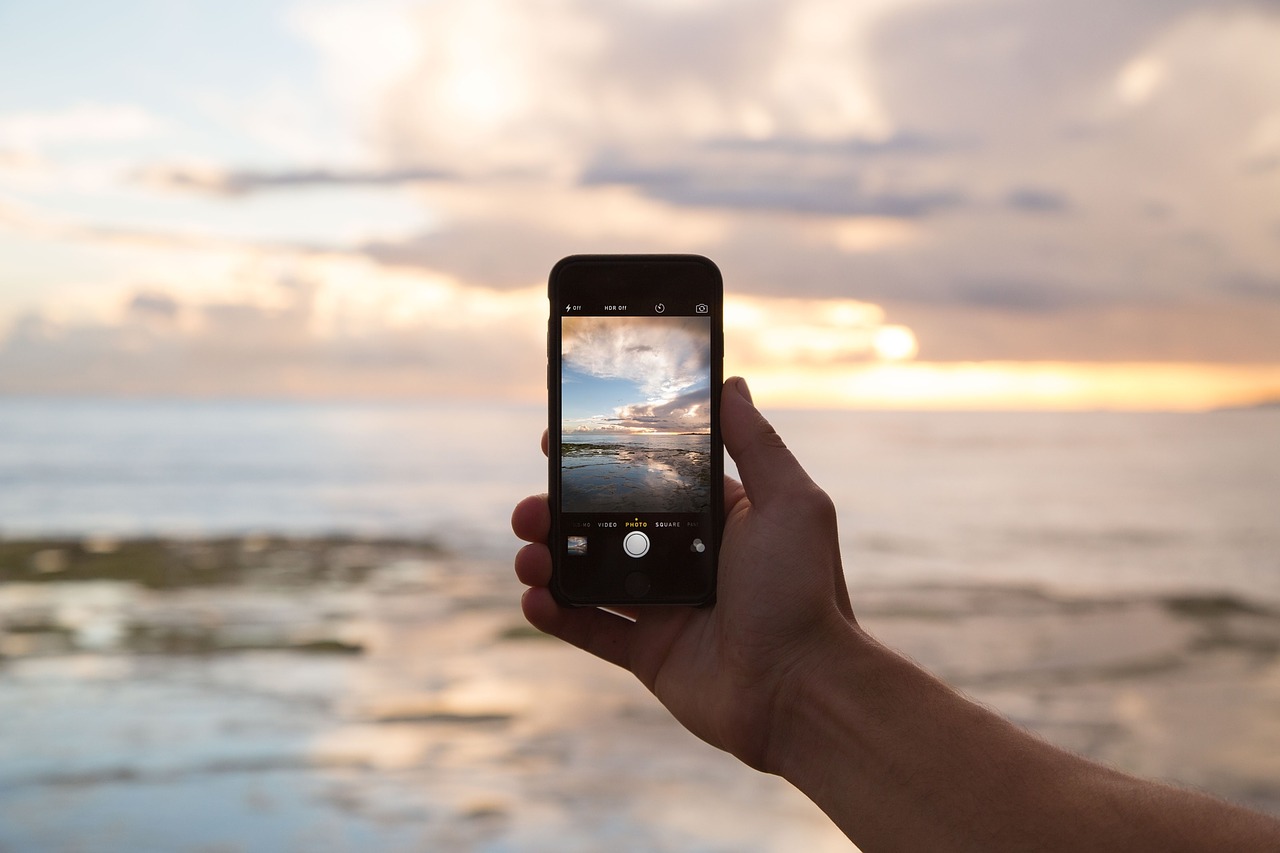
We have all seen them; people slow to notice a changed streetlight or swerving between lanes with their heads bowed, transfixed on the glowing light of their cell phone like a moth to flame. Texting, updating social media or yes, even talking on your cell phone is extremely dangerous and downright irresponsible to yourself, your passengers and everyone you encounter while on the road.
You rarely hear much about the dangers of texting and boating, however. So, is texting, talking and Tweeting as big a distraction once you hit the water? Let’s unpack the topic a bit.
Distracted Boating Facts and Factors
- Boating requires focus at all times. Whether it is looking out for fellow boaters and obstructions or keeping track of the weather and your charted course, boaters are forced to already multitask at an equal or greater level as drivers.
- Even the U.S. Coast Guard has been reportedly cracking down on crew member texting and talking while operating vessels after multiple crashes, thought to be caused by distracted boating.
- In 2010, the National Transportation Safety Board began a movement to cut down on both distracted driving and distracted boating, especially within U.S. Coast Guard crews.
- In 2014, Florida led the country in boating accidents and deaths, with distracted boating among the top causes of accidents.
Much like distracted driving, it is rather difficult to pinpoint all of the instances that were directly caused by cellphone use. Regardless, it only takes common sense to realize that operating a vessel or vehicle of any size can be dangerous if your full attention is not on the safety of yourself and those around you.
So, the next time you’re on the water, consider putting your phone on silent and taking advantage of the relaxation and fun that us boaters know and love.





